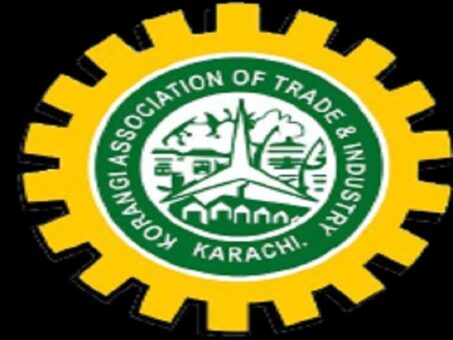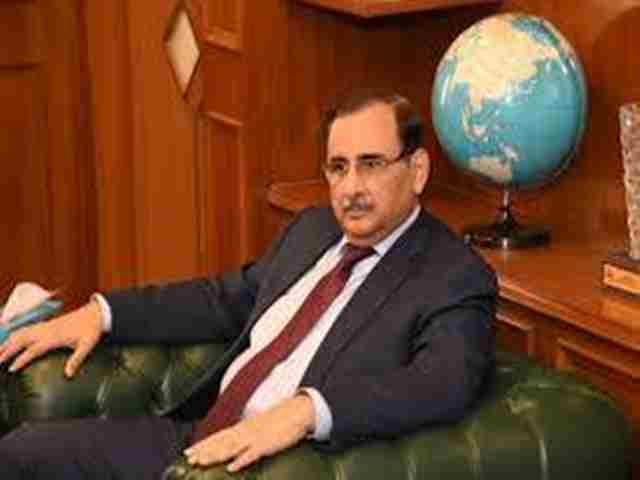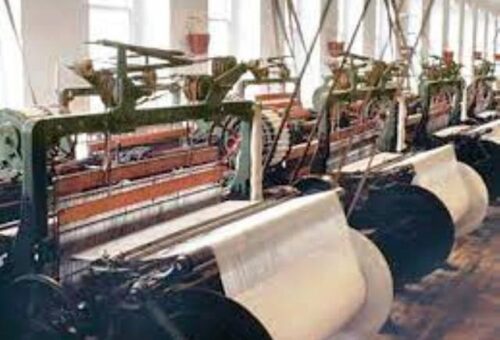KARACHI: Federation of Pakistan Chambers of Commerce and Industry (FPCCI) on Saturday said that the recent increase in interest rate will result in disaster for the economy.
Irfan Iqbal Sheikh, President FPCCI, has expressed his profound disappointment and concerns over an unexpected and massive hike in the key policy rate, i.e. 250 bps by the Monetary Policy Committee (MPC) of the State Bank of Pakistan.
READ MORE: KCCI demands immediate withdrawal of policy rate hike
He said that the business, industry and trade community is shocked; and, clueless at the same time on how to cope with its fallout on economic activities, viability of doing business in Pakistan and inevitable adverse impacts on exports – in the absence of any governmental support.
President FPCCI added that a comparative analysis of the interest rates in Pakistan and the regional countries also show a big difference to Pakistan’s disadvantage; namely, Malaysia is at 2 percent China is at 3.7 percent; India is at 4 percent and Bangladesh is at 5 percent. He emphasized that if the interest and export refinancing rates are not decreased drastically in Pakistan, we will not be able to compete with the regional countries as well.
READ MORE: SBP increases policy rate sharply by 250bps to 12.25%
Irfan Iqbal Sheikh explained that the current tide of the inflation had nothing to do with the policy rate of SBP; but, it was due to the political uncertainty and lack of any direction in economic policies due to it.
Additionally, he added, that the inflation in Pakistan has been due to supply-side disruptions and again had nothing to do with the interest rate.
President FPCCI elaborated that it was business community’s genuine demand, even before the recent interest rate raise, that the policy rate should be gradually brought down from 9.75 percent to ensure availability of capital to businesses at lower and affordable rates. Contrary to what was needed, the interest rate has now been hiked to 12.25 percent; which will put a halt to the economic and commercial activities in the country.
READ MORE: KATI terms sudden policy rate hike as economic disaster
Outlining three factors, Irfan Iqbal Sheikh said that volatile rupee-dollar parity, uncertainty in political & economic environment and interest rate hike will totally crush the SMEs; as cost of doing of doing business, ease of doing business, access to capital, access to foreign exchange and remaining profitable will all be next to impossible for SMEs.
Irfan Iqbal Sheikh said if the authorities do not interfere immediately, there will be a lot of bankruptcies, many export orders would not be fulfilled, huge loss of employment opportunities; and loss of tax revenue will follow. He has called upon the authorities to instantaneously start a consultative process with all the stakeholders to find a workable way out of the current crises.
READ MORE: SBP intervention sought to stop further rupee devaluation






